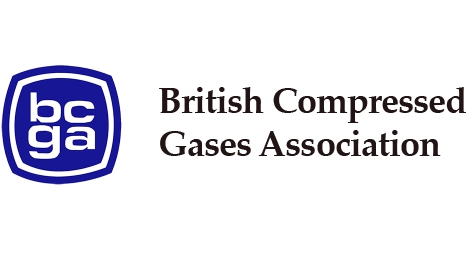National trade body The British Compressed Gases Association is urging the university sector to take advantage of a free service to comply with gascylinder safety legislation.
It is a legal requirement for all gas cylinders which are used for the transport of gases by road to be inspected and retested within a defined timescale.
To help those with responsibility for gas use on campus comply with this requirement, the trade association offers an online guide which explains the ‘test ring’ system of identifying the year a particular cylinder needs to undergo its next Periodic Inspection and Test.
Available to view at http://www.bcga.co.uk/pages/index.cfm?page_id=88the guide shows how cylinders carry test rings, which are based on a variety of colours and shapes to precisely identify the year they should be inspected and tested.
The guide is also available as a free flexi card, which can be ordered from the BCGA office by emailing This email address is being protected from spambots. You need JavaScript enabled to view it.
Doug Thornton, Chief Executive of the BCGA, said: “Industrial and medical gases are the UK’s invisible industry, essential to the existence and wellbeing of thousands of people in the UK every day.
“Our role as a trade association is to ensure ‘mission safety’ in their transportation, storage and use.
“It is vital gas cylinders are made to appropriate standards and are then regularly maintained to ensure the safety of those who transport, fill and use them.
“The test ring system is an important part of this activity and BCGA strongly encourages its use.
“Only organisations authorised to carry out the Periodic Inspection and Test procedure are authorised to fit the test rings.
“We’d encourage those with responsibility for the use of gas and its storage on their sites to refer to this guide to familiarise themselves with the system.”
According to the BCGA, there are times where a cylinder should receive immediate attention regardless of the due date of its Periodic Inspection and Test.
Mr Thornton added: “If users identify excessive damage to the test rings, such as a split ring, or signs of excessive heat/melting, they should return the cylinder as soon as possible back to the gas supplier on safety grounds.”


